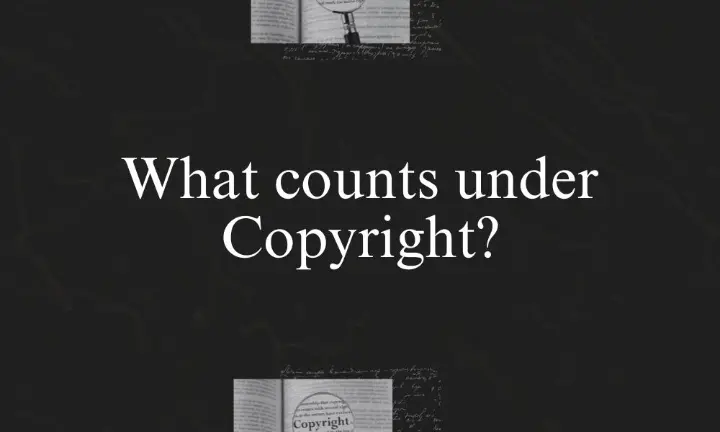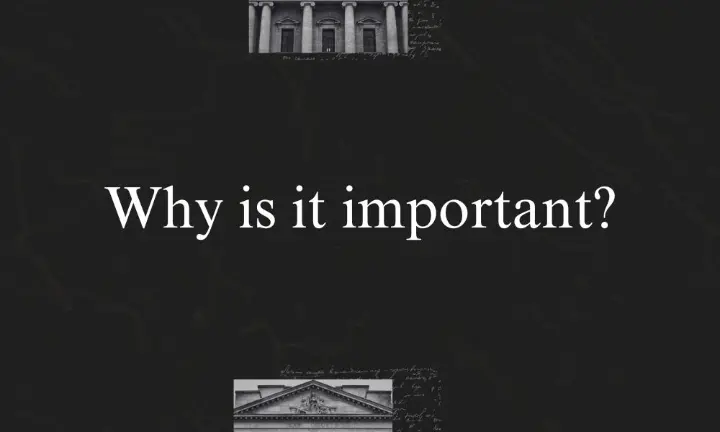Why did the New York Times sue OpenAI? The short answer is copyright theft. But this incredibly important case goes a lot deeper than that. And raises as many tricky questions around AI training as it answers, if not more.
At the end of 2023 The New York Times sued OpenAI (the company behind ChatGPT). As well as Microsoft, its primary financial backer for copyright theft. The New York Times accused OpenAI of using millions of NYT articles in order to train their AI bots without permission. This is just one of several similar cases where copyright holders have sued AI tech companies for misuse of their work.
Copyright law is a notoriously tricky legislation to wade through. This is due to the numerous clauses which can be interpreted in different ways. In this landmark case, the judges are currently working out whether AI training counts as ‘fair use’ under the law.

Copyright law, in its simplest form protects intellectual property (whether that is an idea, an article, artwork or music) from being used by another person in a recognisable form without permission and without referencing the original creator.
We see copyright violations every single day on social media. All those photographs which are shared without the original photographer named. Social media posts being copied and pasted to other accounts and passed off as their own. The water starts to get murkier when we think about YouTube.
Creators on the video sharing platform get 'copyright strikes' regularly. This is when a company or different creator flags a video for containing their work. In the majority of cases using clips from someone else's video will fall under copyright 'Fair Use' and not count as an infringment. But it goes to show how confusing copyright law can quickly become.

So, why did the New York Times sue OpenAI? And why is it important?
A case like New York Times vs. OpenAI is an important milestone as a potential misuse of AI language generative models (like ChatGPT) can be used to generate fake news, promote disinformation, or produce biased content as well as other ethical considerations including:
Ethical Use – The debate underscores the importance of ethical considerations in the development and deployment of AI technologies. AI language models have the potential to generate vast amounts of content. However, ensuring this content is used responsibly and ethically is crucial for maintaining trust in AI systems. As well as safeguarding against harmful outcomes.
Mis/disinformation – There are concerns that AI language models could be used to spread misinformation or disinformation at scale. This poses risks to public discourse, democracy, and societal well-being. The debate highlights the need to address these risks and develop strategies to mitigate the spread of harmful AI generated content.
Accountability – Transparency and accountability are key principles in AI governance. The debate raises questions about who bears responsibility for the content generated by AI models, how to ensure transparency in AI systems, and how to hold developers and users accountable for the impacts of AI-generated content.
Freedom of Speech vs. Harm – The debate also touches on the balance between freedom of speech and the prevention of harm. While freedom of expression is a fundamental right... There are concerns that AI-generated content could cause real-world harm. Harms including inciting violence and / or spreading hate speech, neither of which should be taken lightly. Finding the right balance between protecting free speech and preventing harm is a complex and ongoing challenge.
Regulations – The debate has spurred discussions around the need for regulatory and policy responses to address the ethical and societal implications of AI language models. Policymakers, industry stakeholders, and society in general are grappling with how to regulate AI technologies effectively. While still enabling innovation and protecting public interests.

What's next for AI and Copyright?
"Why did the New York Times sue OpenAI?" reduced to its bare essentials this is a simple case of copyright infringement... But now we understand this answer barely scratches the surface of what landmark cases such as this go on to achieve. The debate between The New York Times and OpenAI underscores the broader challenges and opportunities associated with the responsible development and use of AI technologies. Particularly in the context of language generation models.
Technology moves faster than regulations, we've seen this story play out many times over. Meaning that issues and concerns often arise long before legislation is in place to control it. Such a debate won’t have an easy answer... But will eventually serve as a catalyst for deeper conversations around ethics, accountability, transparency, and the regulation of AI in society.
Despite the concerns about language generative technology, AI is still prevalent within our day to day lives. From search engines and algorithms presenting choices and ads based on previous behaviour. To predictive text and the many office support tools which make work life easier.
If you have questions or want to explore AI in the workplace, give the team at Supportwise a call. We'd be happy to advise.